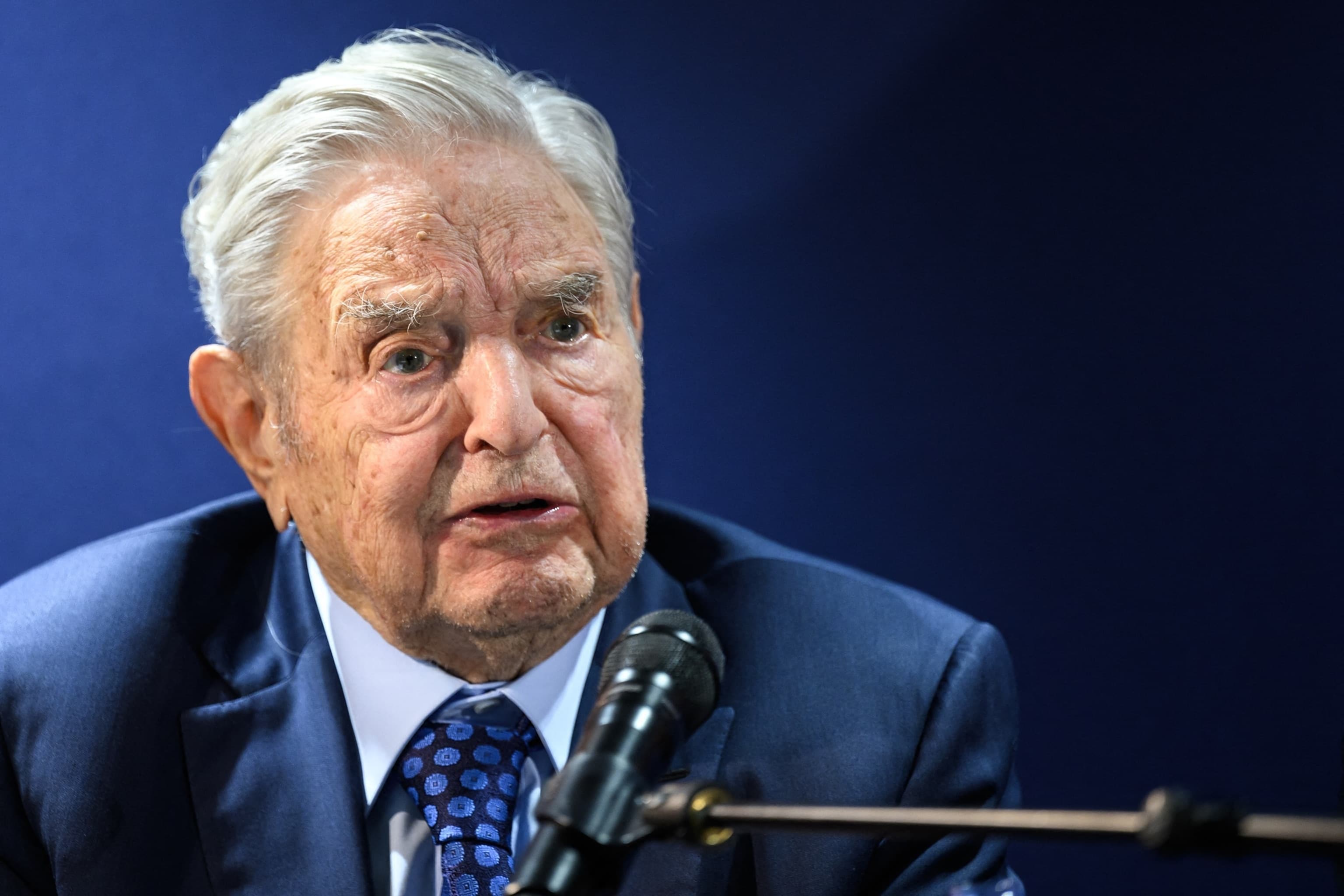Mike Benz Alleges 50-Year Soros Family Ties to US State Department, Citing WikiLeaks Cables

Mike Benz, a former US State Department official, has publicly claimed to have uncovered evidence within WikiLeaks cables detailing a decades-long collaboration between the Soros family and the US State Department. Benz asserts that these documents, dating back 50 years, reveal the State Department's active role in facilitating business deals for Paul Soros, the elder brother of financier George Soros, particularly concerning port development projects in the 1970s.
According to Benz, his examination of WikiLeaks' diplomatic cables, including the Kissinger, Carter, and Cablegate archives, showed references to "Soros Associates" and its involvement with the US State Department as early as 1973. This predates the establishment of George Soros's Open Society Foundation in 1979. Benz specifically highlighted instances where US embassies allegedly intervened to secure contracts and favorable loan terms for Paul Soros's port engineering firm in countries like Gabon and Iran. He cited a cable from 1976 regarding a port project in Gabon, where the US embassy reportedly assisted Brown & Root executives, who were working with Soros Associates, in meeting with government officials and pushing for their bid.
Benz further elaborated on these claims during a media appearance, stating, "When I went through the WikiLeaks archive for State Department cables referencing George Soros, the Open Society Foundation, or associated groups... I was shocked to see communications starting in 1973... The cables were related to Soros Associates, operated by George Soros’s older brother, Paul Soros, a titan of maritime transport, port, and infrastructure development." He suggested that the State Department's actions aimed to promote US interests by securing contracts and profits for these companies. Paul Soros, a prominent businessman and philanthropist, founded Soros Associates in 1956, focusing on port engineering and development.
The allegations suggest a long-standing, intertwined relationship between private business interests and US foreign policy, with the State Department allegedly leveraging its diplomatic influence to benefit specific corporate entities. These claims, primarily disseminated through social media and conservative media outlets, propose that this dynamic extends beyond the 1970s, evolving into the present-day involvement of NGOs in international affairs.